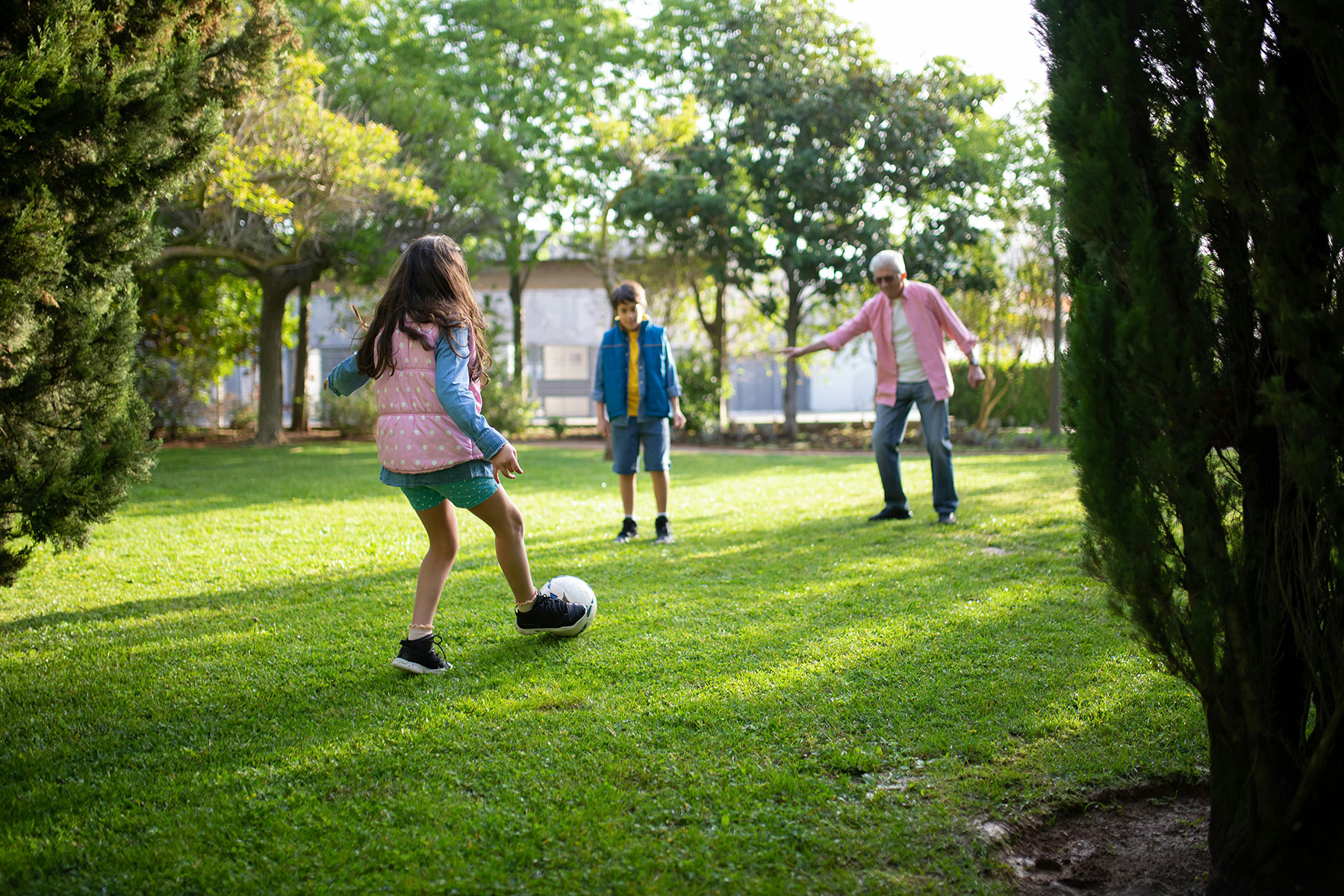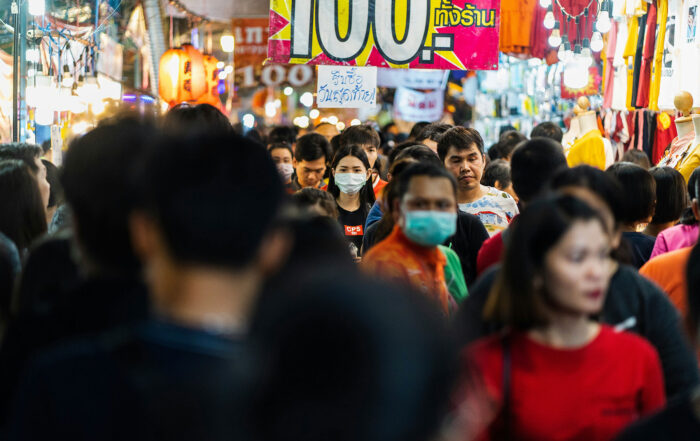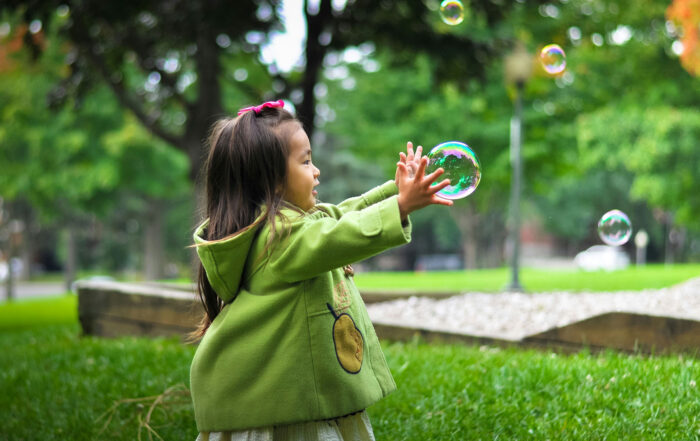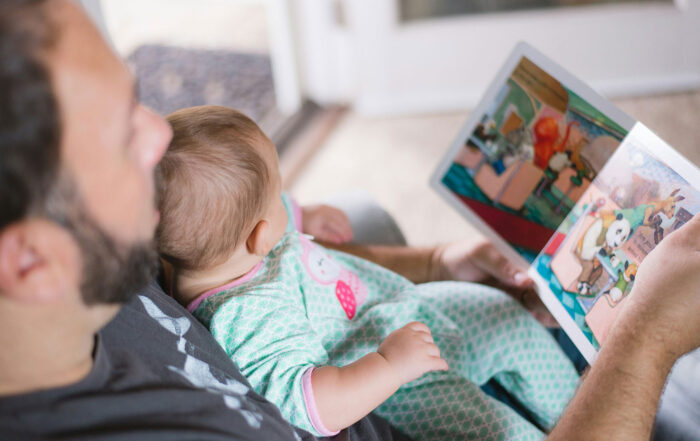
By Gaby Galvin
PEOPLE WHO EXPERIENCED trauma as children are more likely to suffer severe health consequences later in life, a new federal analysis shows.
Adverse childhood experiences, or ACEs, refer to potentially traumatic events experienced or witnessed during childhood, like violence, substance misuse and mental health problems in the home. Though public health experts say these events are an important upstream cause of major health and social struggles later in life, it’s been unclear just how substantially they impede American health overall.
In the first analysis of its kind, researchers from the Centers for Disease Control and Prevention estimated the link between self-reported ACEs and 14 negative health conditions and socioeconomic factors, using 2015-2017 survey data for more than 144,000 adults from 25 states.
They found that 60.9% of adults reported at least one adverse childhood experience, while 15.6% reported four or more types. Such experiences were “significantly associated with poorer health outcomes, health risk behaviors, and socioeconomic challenges,” the study says, including depression, heavy drinking, smoking, lower educational attainment and unemployment.
Share This Post!
California Surgeon General on Covid: ‘Greatest collective trauma’ of a generation
By Maanvi Singh When Dr. Nadine Burke Harris was first appointed California surgeon general, she set out to address the toxic stress and trauma plaguing the state’s most vulnerable residents. Then [...]
States Address ACEs and Trauma and Build Resilience
By Anna Heard Adverse childhood experiences (ACEs) are potentially traumatic events that can affect a person’s health, well-being and success into adulthood. The COVID-19 pandemic has exacerbated these dynamics by disrupting [...]
Adult ADHD and Childhood Trauma: Is there a link?
By Keri Wiginton If you’re an adult with ADHD, you’re among millions of other grownups who also live with it. Scientists know your genes play a major role in your chances [...]
Uvalde Shooter exhibited ‘almost every warning sign’ expert says
By Nadine El-Bawab The Texas House of Representatives committee report on the Robb Elementary School shooting revealed the accused school shooter exhibited many warning signs in the years, months and days leading [...]
Traumatic Bonding
By Kelly L. Burns, MA, LPC, ATR-P A traumatic bond occurs when you are involved in an abusive relationship, and the abuser becomes an essential part of your life. Abusive relationships [...]
Ukraine’s First Lady Olena Zelenska Takes On the Trauma Of War
By Simon Shuster/Kyiv lena Zelenska, the First Lady of Ukraine, got to bed late on the eve of the Russian invasion. Her kids were long asleep in the presidential residence south [...]







